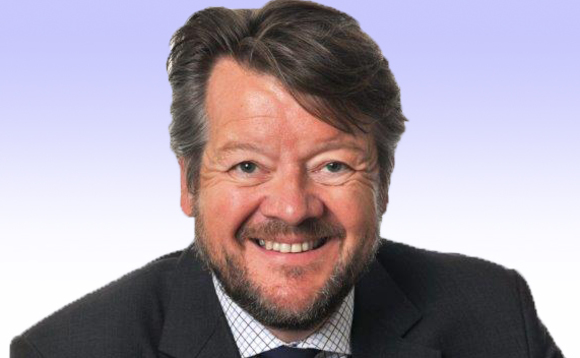Tim Sargisson: Hitting the trail

As providers move to turn off the trail commission taps, writes Tim Sargisson, advisers must recognise the urgent need to ensure they remain in control of their revenue streams
It was interesting to read the Financial Conduct Authority (FCA) has “no immediate plans” to change its policy on trail commission but is still considering the issue.
As part of its Asset Management Study, the regulator consulted on whether it should remove trail commission on share classes sold before RDR but – at least for now – it seems to have stepped back from turning off the taps. Be in no doubt, however, trail commission will go – either through provider or regulatory intervention, or general diminution – and today this legacy income provides no foundation for any advice business.
Research by Fitz Partners confirms that, six years on from RDR, a third (34%) of retail assets are still held in these old-style funds. Based on the difference between the legacy retail share classes and the so-called ‘clean classes’, this is estimated to cost investors some £890m – a sizeable river of cash washing through adviser land.
Tim Sargisson will be discussing adviser business models at PA360 next week – Reserve your place here
The data shows, however, the percentage of these retail assets in 2013 was above 70%. Since then, the proportion of assets held in the old share classes has come down steadily by about 10 percentage points every year and the latest Fitz Partners’ data confirms this trend, revealing a decrease from 42% in 2016 to 34% in 2017.
There is no doubt in my mind that providers would love to turn the whole lot off. Back in 2012, in the run-up to RDR, I made several presentations to advisers and was struck at the time at the level of complacency among my audiences about trail commission – the general belief being it would continue indefinitely. In response, I do remember stressing three points:
* Providers will continue to pay trail – but only for as long as they value advisers as a key distributor. If not, they will switch it off and keep as much of the margin as they can. They recognise the disparate nature of the adviser community means very few have the resources to sue them over lost trail and even fewer numbers would be inclined to do so.
* The idea put forward by some advisers that there is a contract to pay indefinitely is laughable. Trail commission was the response to hard disclosure in 1994. Providers allowed advisers to discount initial commission – typically from 5.4% to 3% – and take 0.5%pa trail. Hence the commission given up has been paid many times over in the intervening 24 years.
* The regulator will intervene at a later date …
Six years on from RDR, that level of complacency remains. Trail and fund-based commission proves to be both a blessing and a curse. A blessing because, due to the benefit of ongoing income, it allows many advisers to move away from a transactional style of flogging product towards developing and deepening relationships with clients.
And a curse because complacency does creep in. There is less urgency to look for new business as trail and fund-based income takes over. Today, firms can aggregate small amounts of legacy income across numbers of clients, which goes towards underpinning the business.
As recently as last month Aviva announced that, from 30 June, renewal and trail commission is being traded in for a single fee for advisers. This move follows Standard Life, which did this two years ago.
All of which demonstrates that providers are moving to turn off trail. Advisers must recognise and understand the urgent need to ensure they remain in control of their revenue and that all clients are on a sustainable fee structure. The real risk of not doing so is clear to see.
Tim Sargisson is chief executive at Sandringham Financial Partners. He will be among the great line-up of speakers at Professional Adviser‘s inaugural PA360 event in London on 24 April. Find out more here
